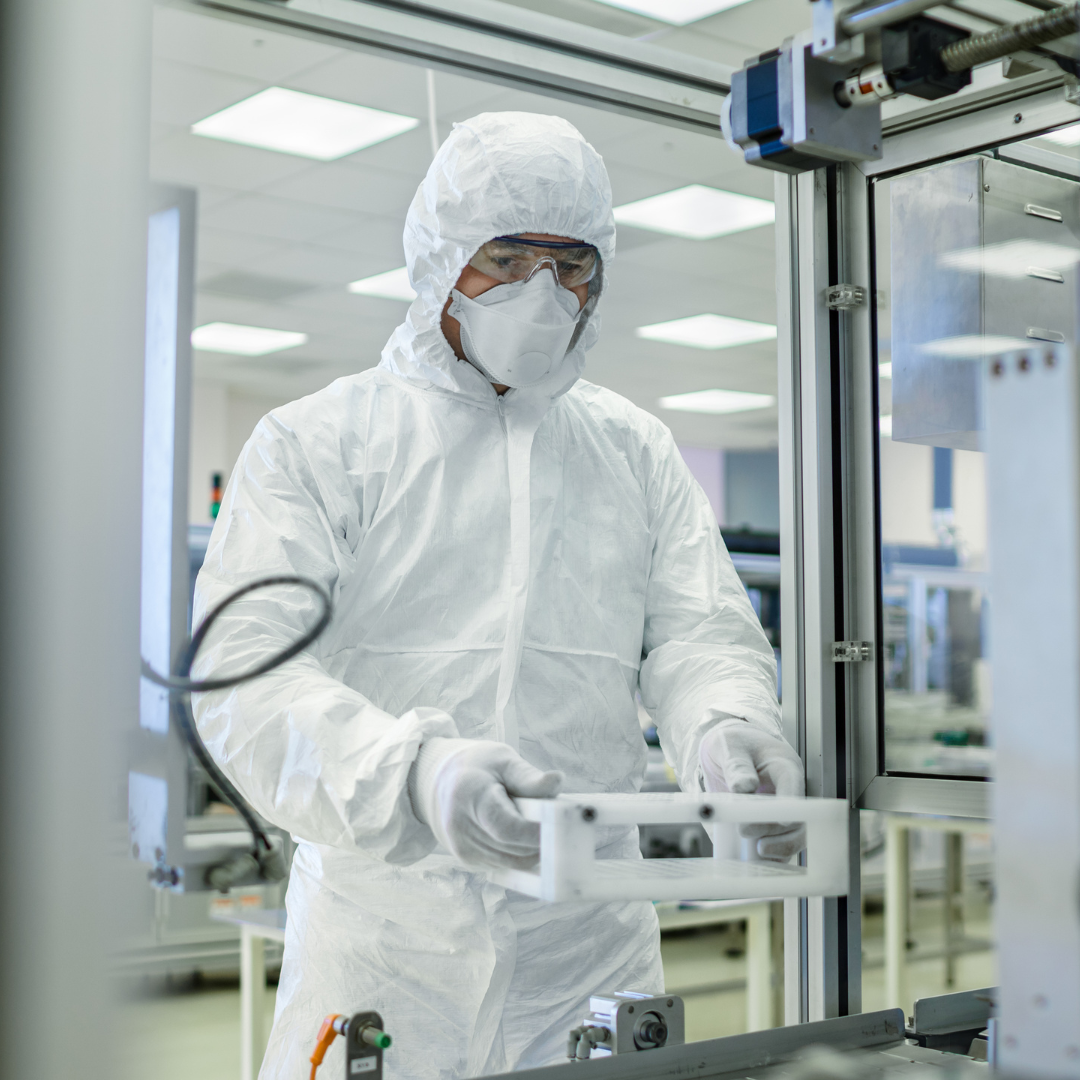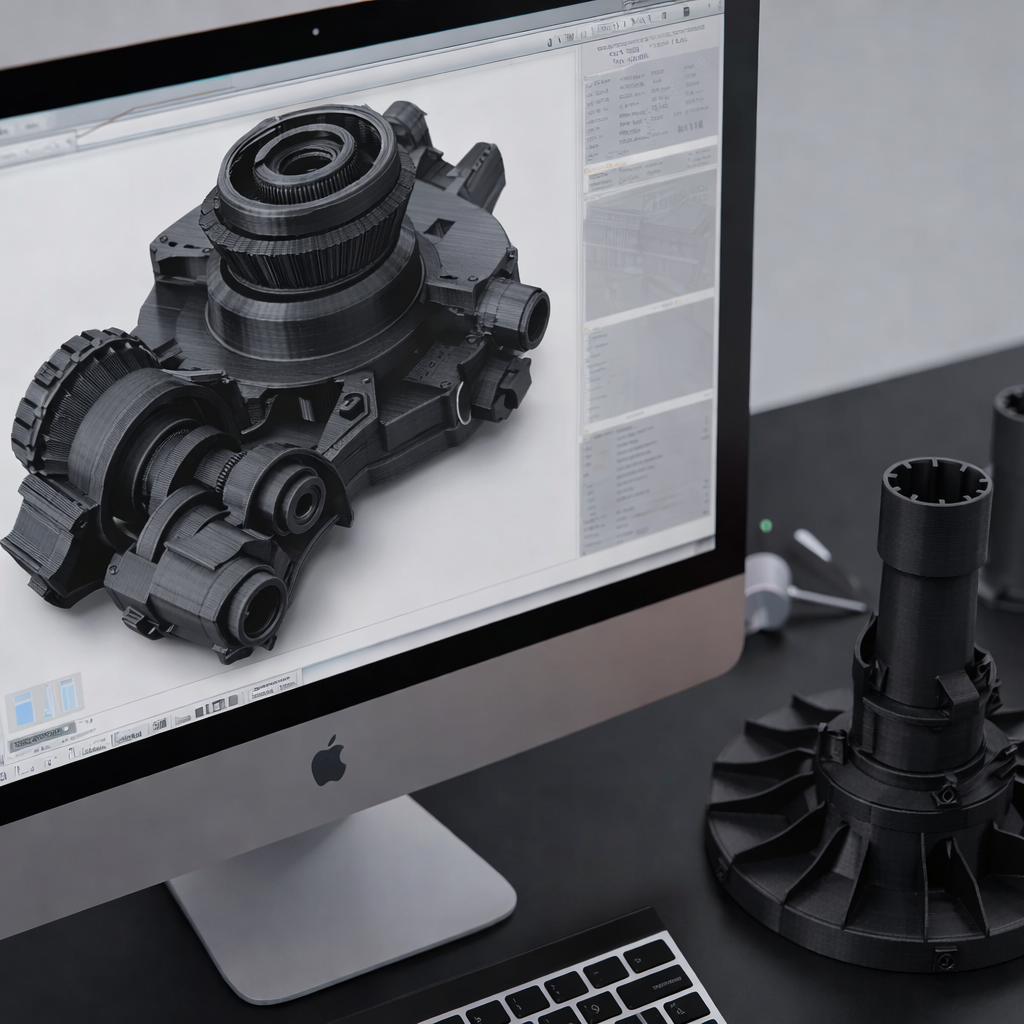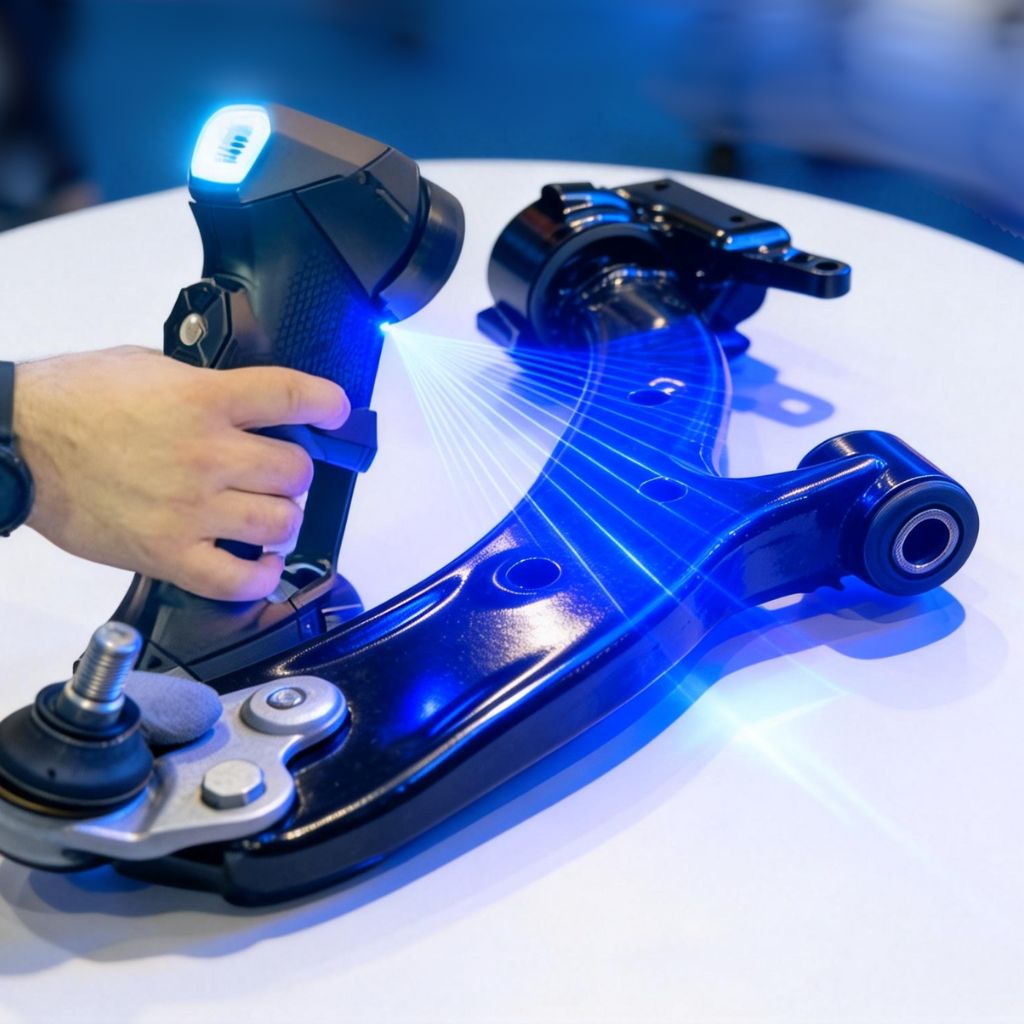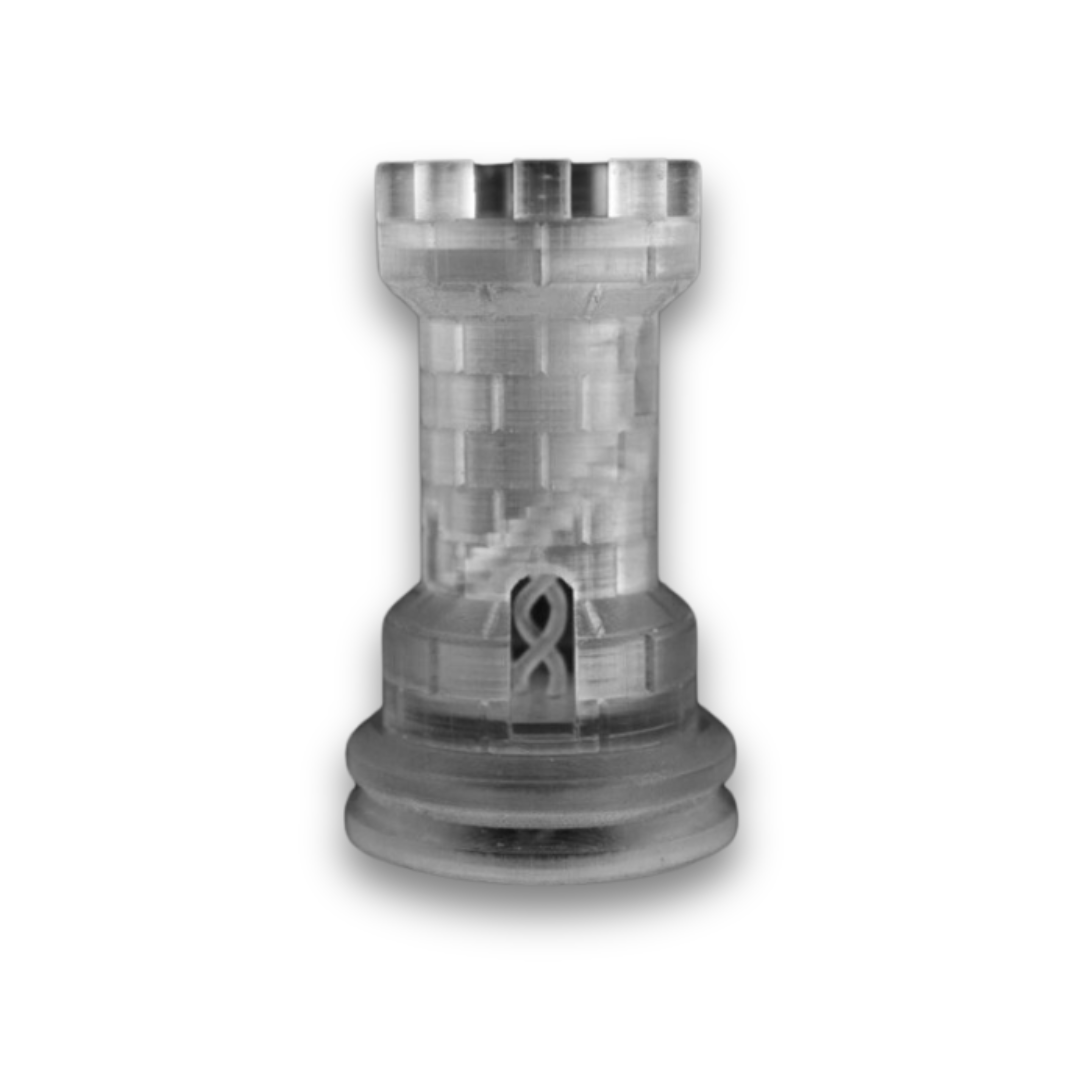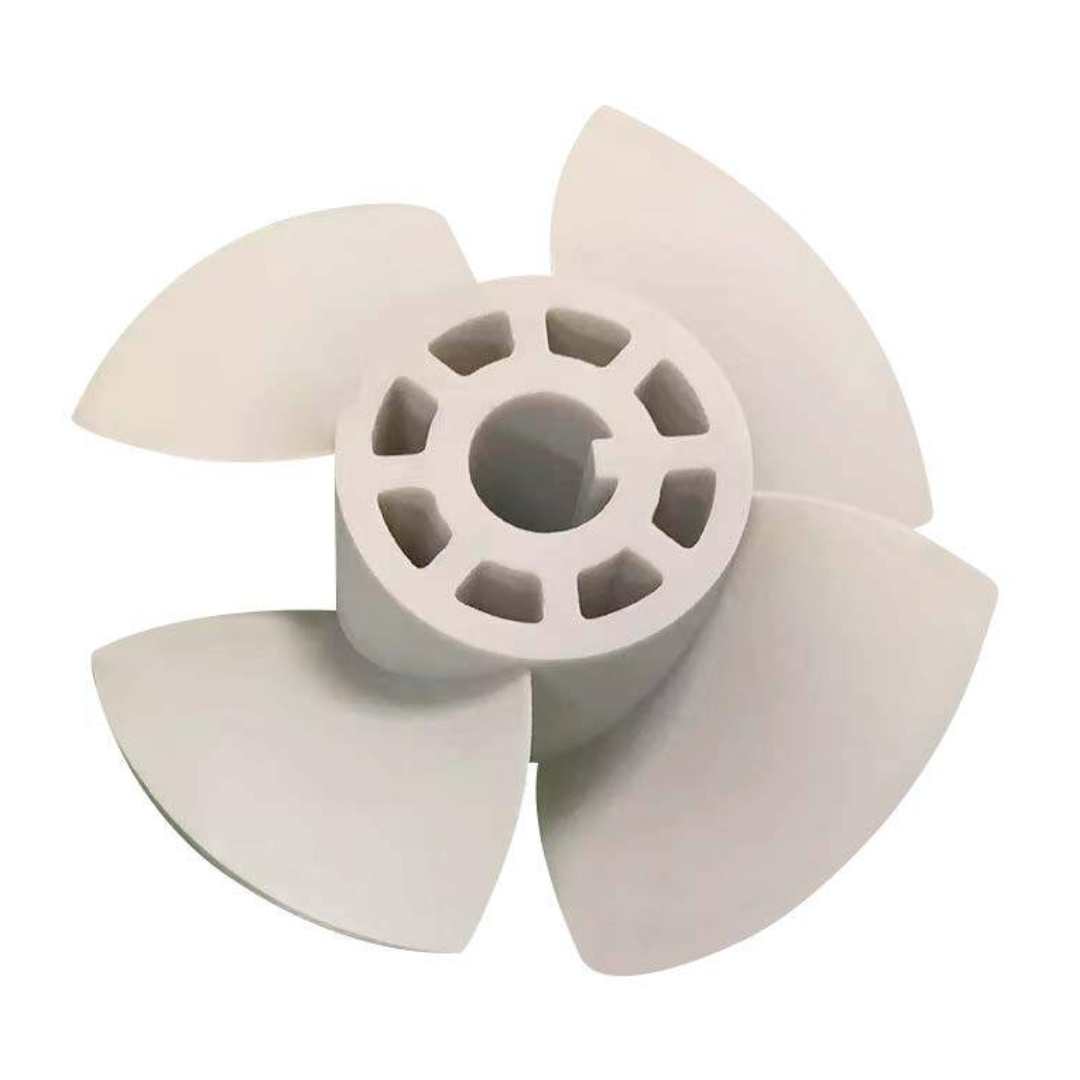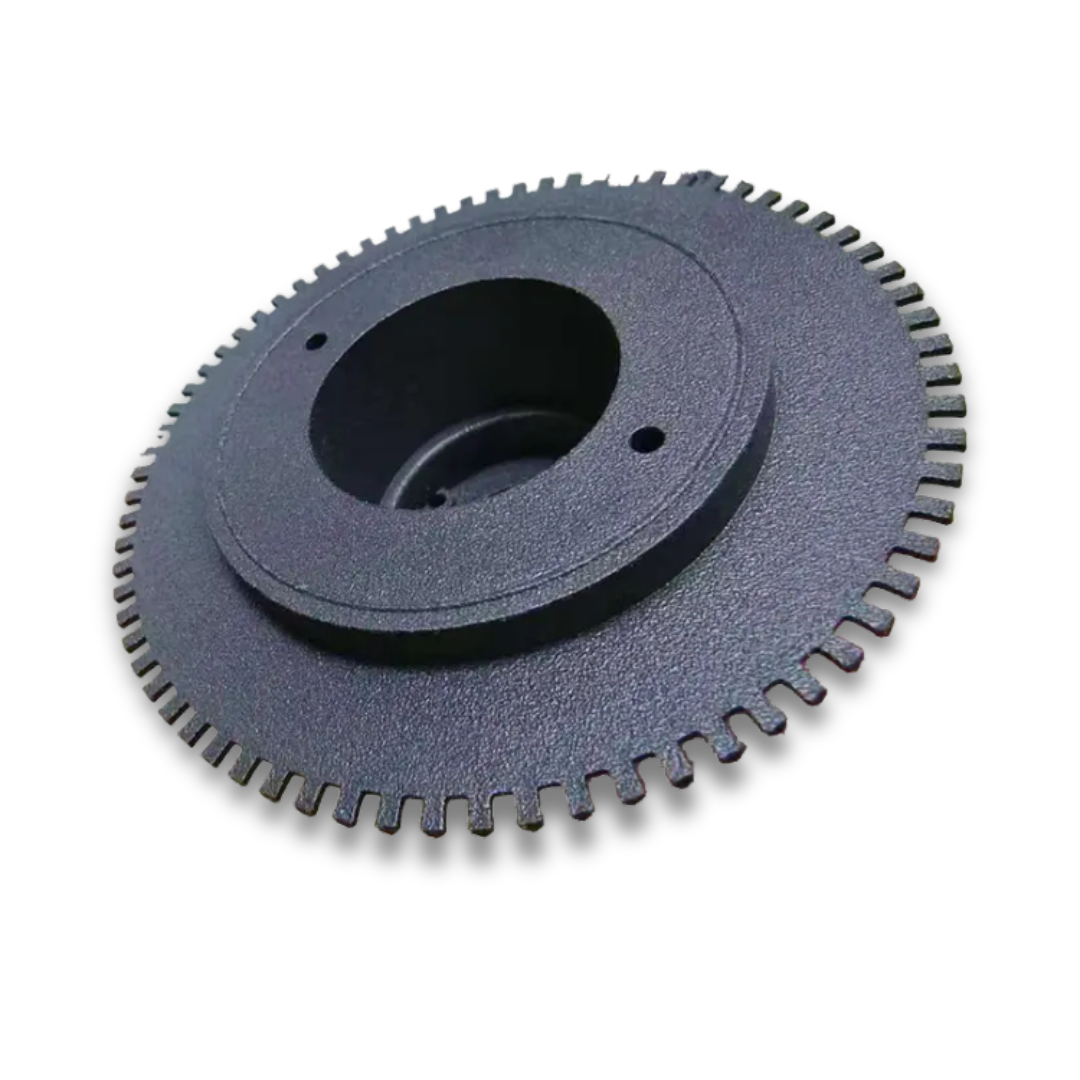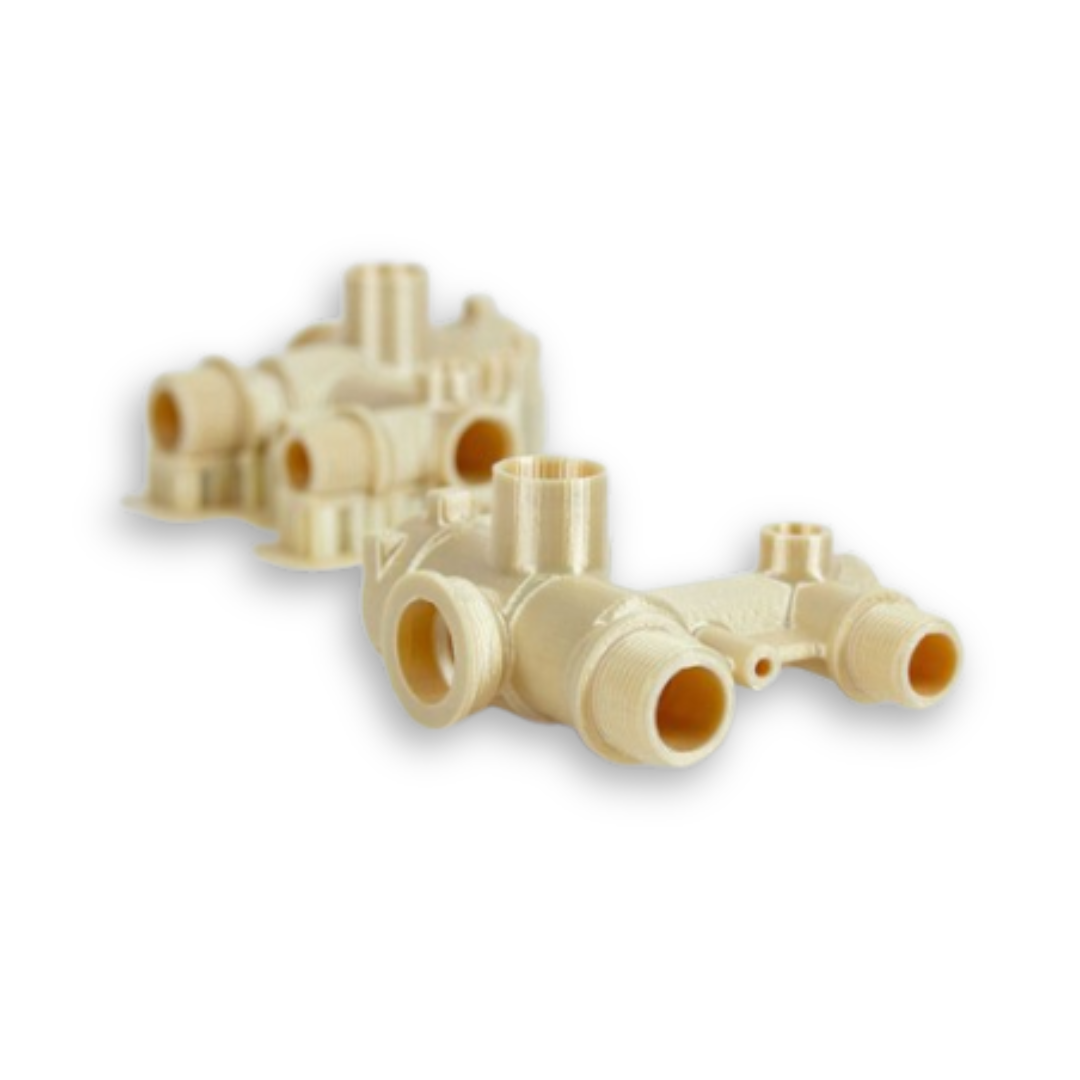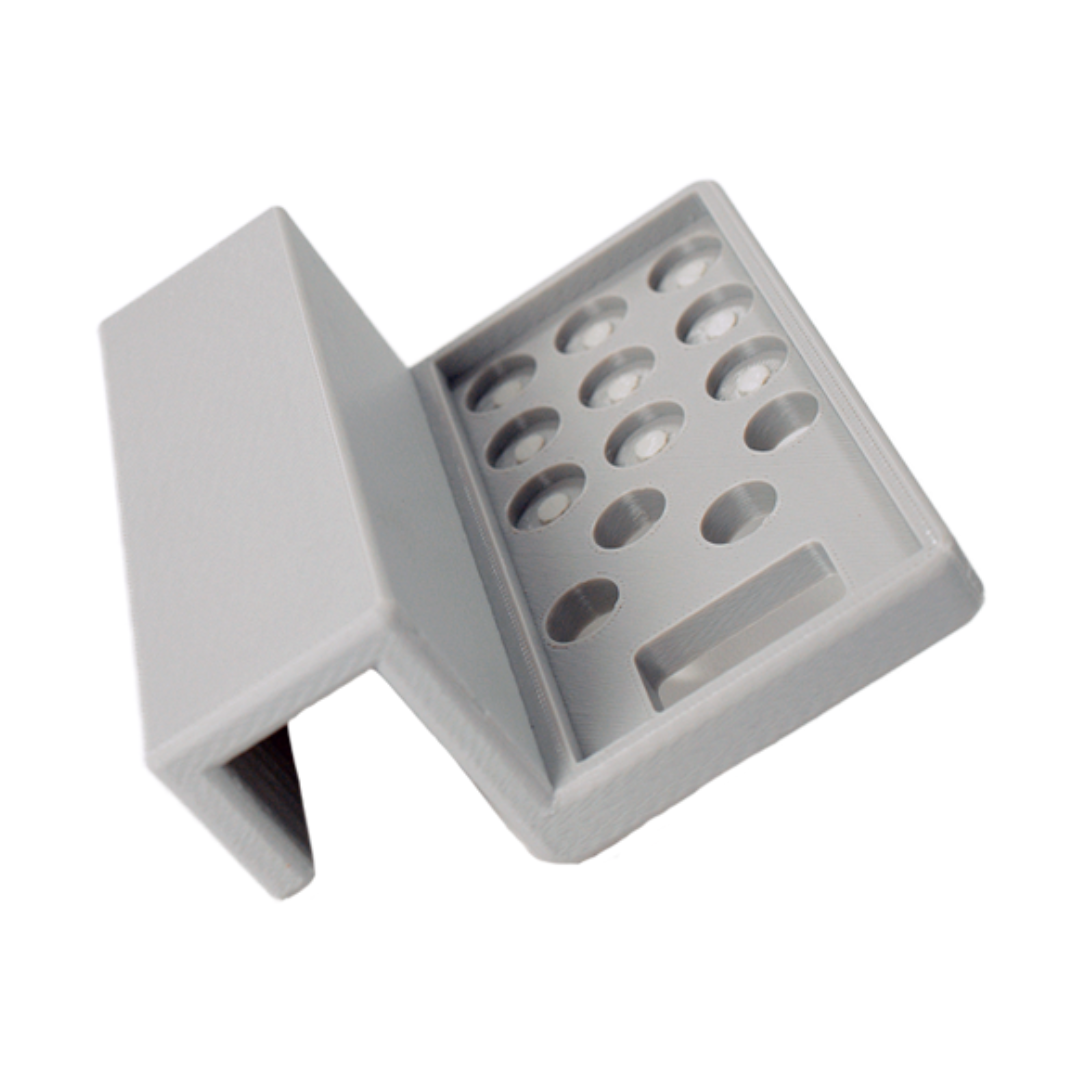Additive manufacturing, also known as 3D printing, is a critical part of the semiconductor industry. It allows manufacturers to create custom components for their products, which can improve productivity, reduce costs, and enable new designs
Additive Manufacturing is a game-changer for capital equipment manufacturers in the semiconductor industry, delivering immediate benefits. With AM’s design flexibility and seamless transition from prototyping to customized part production, capital equipment manufacturers experience a significant advantage.
The improved thermal management of critical components like wafer tables, results in enhanced equipment accuracy, speed, and overall lifecycle value. 3D printing technologies also offer structural optimization with lightweight, high-strength components, improving the strength-to-weight ratio, corrosion resistant materials, and time-to-market. Moreover, AM simplifies manufacturing, eliminating the need for labor-intensive brazing and multipart assemblies.
Benefits of Additive Manufacturing in the Semiconductor Industry
Streamlined Manufacturing
Additive manufacturing eliminates the need for brazing and multipart assemblies, reducing part count and labor costs. This results in more reliable wafer tables.
Material Efficiency
AM processes typically use only the material needed to fabricate the part, reducing waste compared to traditional subtractive methods. Capable of working with specialized materials like engineering grade polymer, ESD-safe polymer material, metal, and ceramic that are integral to semiconductor manufacturing.
Rapid Prototyping
- Faster Design Iterations: Additive manufacturing allows quick prototyping of semiconductor components, enabling engineers to test and optimize designs more efficiently.
- Reduced Development Time: Accelerates the timeline from concept to functional prototype.
Customization
- Tailored Components: Ability to produce customized parts and tools for specific semiconductor manufacturing processes.
- On-Demand Production: Eliminates the need for large inventories of specialized tools and components.
Cost-Effectiveness
- Lower Tooling Costs: Eliminates the need for expensive molds and dies for small production runs.
- Reduced Overheads: Enables smaller-scale production with less investment in traditional manufacturing infrastructure.
Micro- and Nano-Fabrication
- Precision Manufacturing: Emerging advancements in AM allow for precise production of micro- and nano-scale components critical in semiconductors.
- Integration with Traditional Techniques: Complements other fabrication techniques for hybrid manufacturing.
Benefits of Additive Manufacturing in the Semiconductor Industry
Custom Tooling: AM can produce masks, lithography equipment, and other tooling components.
Equipment Repair: Additive repair of damaged semiconductor fabrication equipment.
Prototypes for Micro 3D: Intricate components such as microelectronic substrates, sensors, and insulators, advancing the miniaturization and performance of electronic devices.
3D Printing Service Malaysia , 3D Printing service Singapore , 3D Printing service KL , 3D Scanning Malaysia
Collaborate with 3D printing bureau to choose the best material and optimize build orientation for your project’s needs. Explore our 3D Printing Materials Guide to learn about various plastic and metal materials across technologies.
Discover more about additive manufacturing at projet.my. For assistance, reach out to our applications engineer at enquiry@projettech.com or +604-2858 335.


